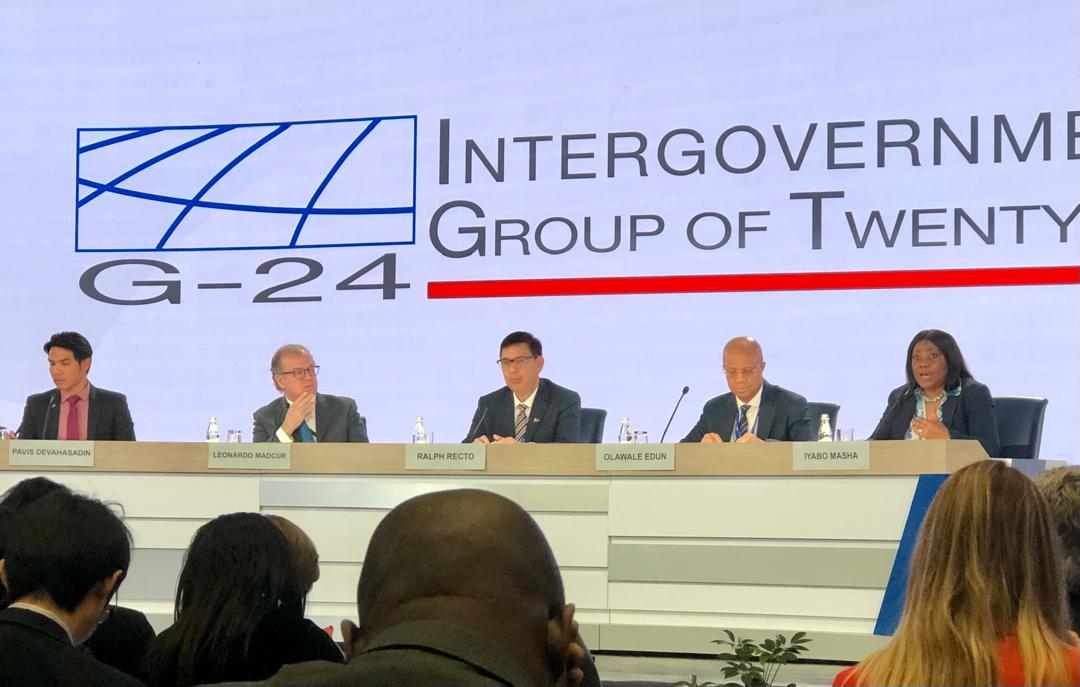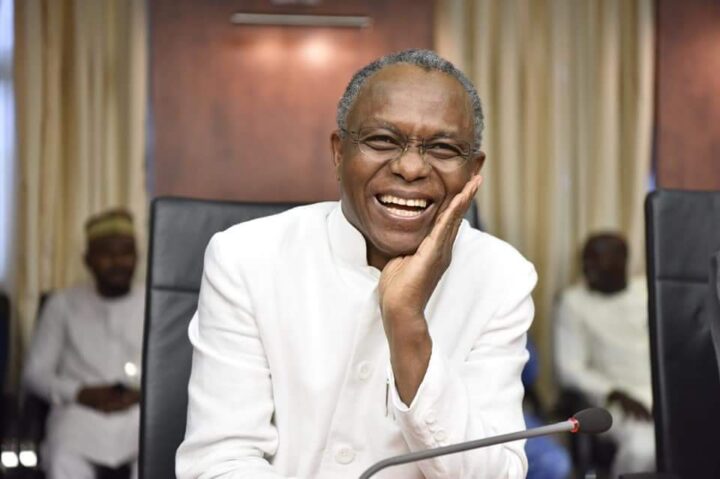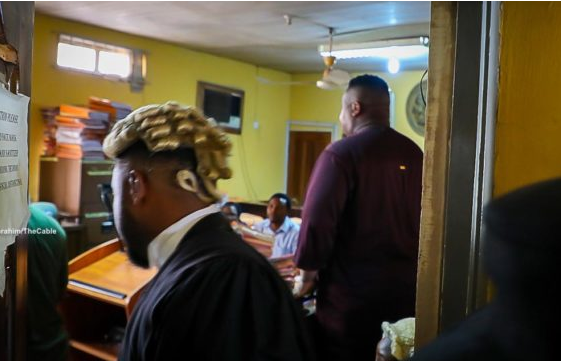
The Nigerian government says debt sustainability is the most significant challenge it faces, adding that investment and increased trade are the “most important support it needs at this time”.
Ben Akabueze, director-general of the budget office of the federation, spoke at a G-24 news conference on Tuesday.
The event was held on the sidelines of the ongoing annual meetings of the International Monetary Fund (IMF) and World Bank Group (WBG) in Washinton DC, the United States.
Advertisement
Debt sustainability is a country’s ability to meet its current and future debt obligations without seeking debt relief or defaulting.
Nigeria’s total public debt stock reached N97.34 trillion in the fourth quarter (Q4) of 2023, according to the Debt Management Office (DMO).
External debt constitutes 39 percent or N38.22 trillion of the figure.
Advertisement
Nonetheless, Akabueze said there are opportunities in Nigeria’s infrastructure sector, especially in the area of power, that investors could leverage.
“I think in Nigeria, we are faced with fiscal challenges, but the most significant being getting debt sustainable, and at the same time increasing fiscal space for the ever-increasing body of public expenditure, especially with sustained relatively high population growth,” he said.
“So, the most important support that Nigeria requires at this time is investment and increased trade. While ODA (official development assistance) is helpful, at the end of the day, that’s not what’s going to really sustainably address the scale of Nigeria’s problems.”
The director-general also said concessionary debt support remains important for the country.
Advertisement
“…especially foreign currency denominated, for one, it helps also with addressing the foreign currency supply situation that had put pressure on the exchange rate,” he said.
Meanwhile, the federal government, through its central bank, had introduced a stream of monetary policies to reset the economy.
Notable interventions in the foreign exchange market by the central bank of Africa’s biggest economy are seen to be yielding positive outcomes.
“We can see high inflation is being tackled, we see inflation beginning to basically peak, we see the reversing trend towards the second half of this year, the foreign exchange rate is stabilised now,” Akabueze said.
Advertisement
“We’ve seen basically the parallel and the foreign exchange official foreign exchange market rates merge.”
These, he said, are inspiring greater confidence in investors, “whether they be portfolio investors, foreign direct investors, and even with domestic investors as well”.
Advertisement
Add a comment







